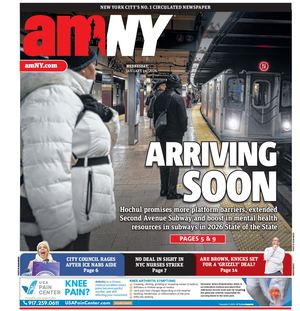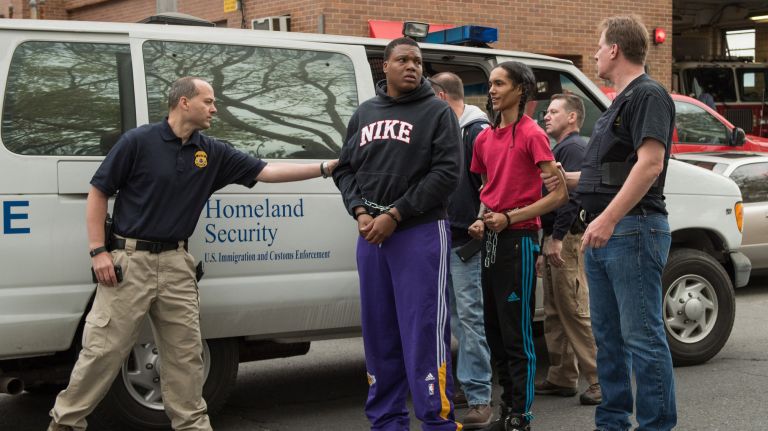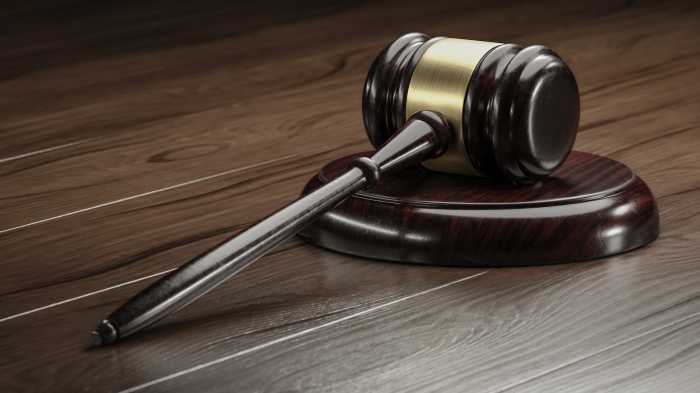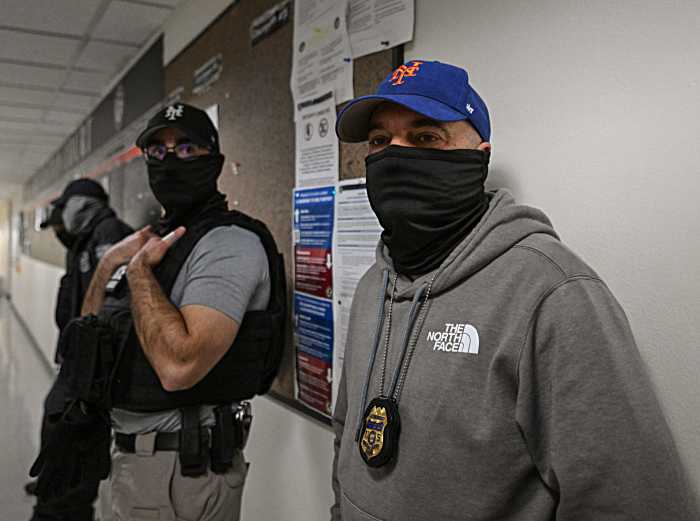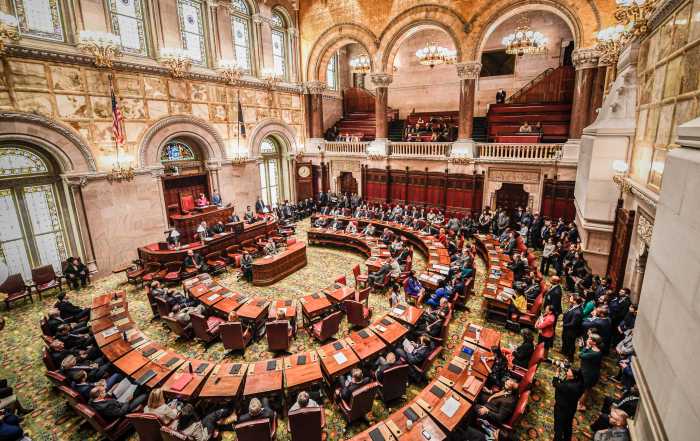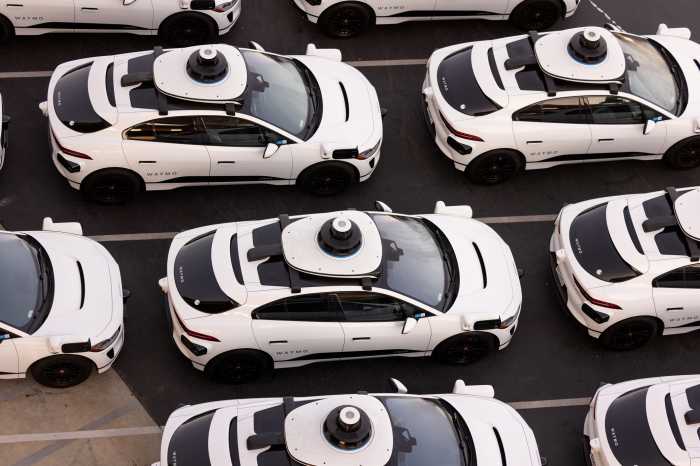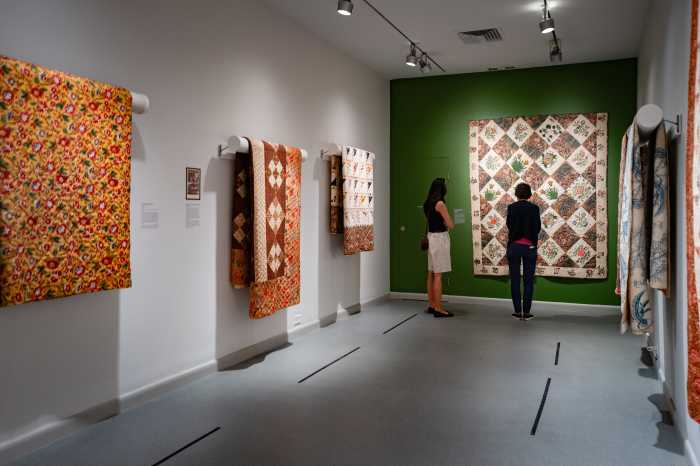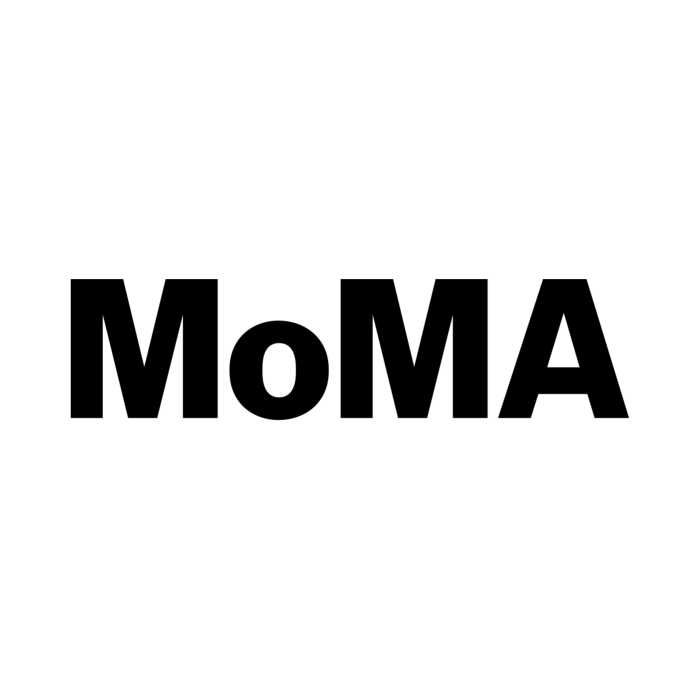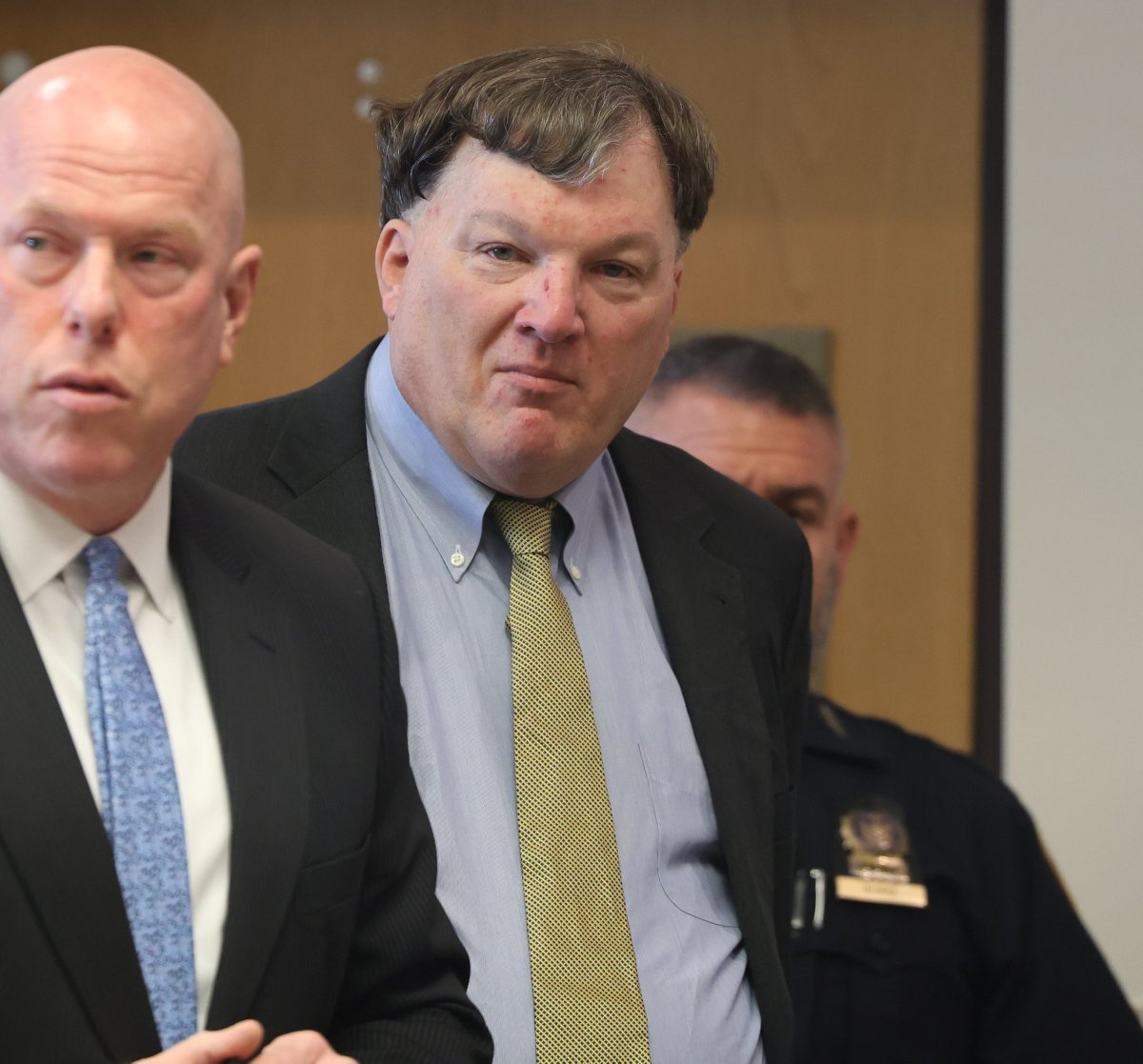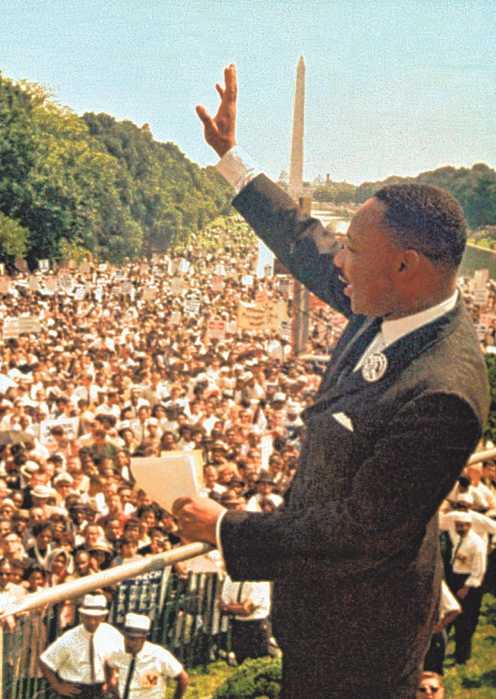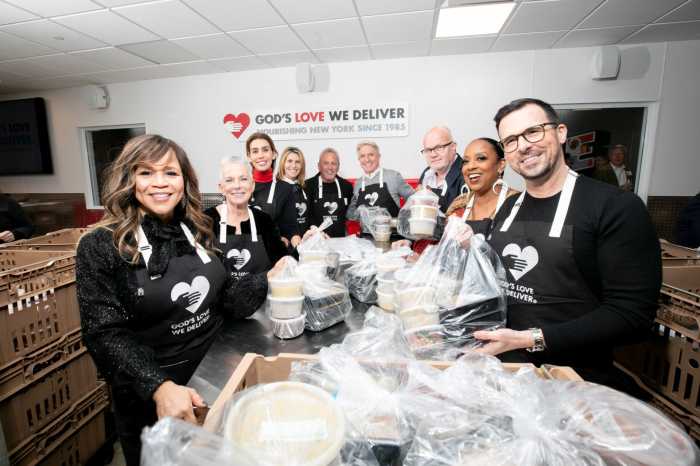
The CUNY School of Law released a report Thursday on the 2016 mass “gang” takedown in the Bronx. One hundred twenty people, mostly young black males, were indicted as part of what federal prosecutors and cops described in stark terms. Those arrested, the NYPD said, were “the worst of the worst.”
This week marks the three-year anniversary of the takedown, which stands as the largest gang raid in NYC history. The report co-authored by law Professor Babe Howell, who has often described the city’s anti-gang tactics as a replacement for stop-and-frisk policing, shows the takedown was overbroad and unjust.
Some highlights from the report:
- About a third of those arrested were convicted on marijuana sales.
- Eighty people were not convicted of any violence.
- About half of people charged were not even alleged to be gang members by prosecutors.

At the time of the arrests, then-U.S. Attorney Preet Bharara proclaimed that the so-called gang sweep was about making the city safer. But nearly half of those that he prosecuted under the Racketeer Influenced and Corrupt Organizations Act, were charged with federal offenses that they had already resolved or had dismissed at the state level.Some had served time only to be re-arrested.
In one defendant’s story, detailed in the report, a young man was ordered by a state judge to complete a program after two robbery convictions. He does and moves on with his life, begins to work two jobs and moves in with his girlfriend and starts a family. Five years after the initial deal from the judge, FBI agents showed up at his door and arrested him. Bharara used those old robberies to tie him into a gang “conspiracy.”
After turning around his life and staying clear of the criminal justice system, he was sentenced to 6 years in federal prison.
While there is loose talk now of ending mass incarceration, the continued use of conspiracy laws in poor communities of color like an atomic bomb is not justice. We’ve clearly over-criminalized black and Latino youth across the board, but RICO is particularly harsh and inappropriate. Its use in the Bronx may be simply to avoid jury pools there, which are more skeptical of law enforcement.
This report should make us question our knee-jerk reactions around “gangs.” When we try to arrest our way toward safety, some people are crushed along the way.
Josmar Trujillo is a trainer, writer and activist.
